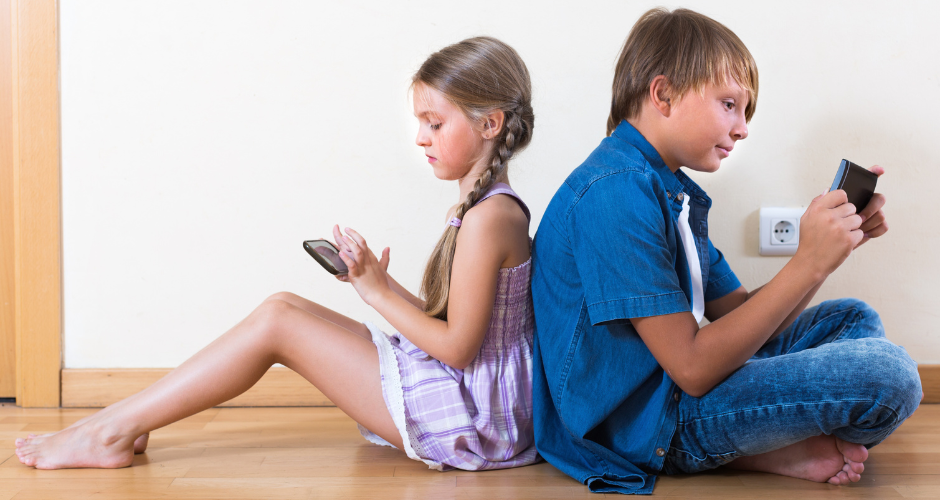Building a Healthier Future, Together
FEB 13, 2026Our foundation continues to be the bedrock of hospital progress, funding vital projects and quality, top-tier care for our entire community.
Read More
From an ever-earlier age, kids can seem constantly connected to their devices. And no wonder. The screen is all about instant gratification, and it can be very rewarding. Getting social media “likes” and leveling up in games has a physiological impact of releasing dopamine – the happy hormone – into the brain’s prefrontal cortex.
Unfortunately, the dark side of screens is also undeniable. The anonymous nature of social media platforms lends itself to a culture of kids being mean without fear of retaliation. Nearly one in six US teens have personally experienced at least one of the follow forms of abusive online behavior, according to a Pew Research Center 2018 survey:
It’s probably not surprising that studies have connected social media with symptoms of depression and anxiety. Not only can interactions be mean, the digital world makes it easy for kids to compare themselves to the seemingly perfect pictures they see of peers online. Fear of missing out (FOMO) is also amplified. Now two specific conditions have been identified.
“Facebook depression,” as identified by the American Academy of Pediatrics, connects the classic signs of depression with the intensity of the online world, such as constantly seeing status updates and friends seemingly living better lives.
“Social media anxiety disorder,” as identified by the Anxiety and Depression Association of America, includes stopping to check social media in the middle of a conversation, spending more than six hours a day on social media and failing in attempts to cut back on social media.
What’s a parent to do? Managing devices and social media is an important part of parenting. Tips include:
Managing screens can be a tiring part of parenting, but don’t let up. It’s also important to balance respect for kids' privacy with the fact that safety overrides privacy concerns. The benefits of being involved and encouraging positive habits include more sleep, better grades, lower risk of obesity, less aggression, more positive social behavior and happier kids.

Our foundation continues to be the bedrock of hospital progress, funding vital projects and quality, top-tier care for our entire community.
Read More
Parenting a baby in the NICU is an emotional rollercoaster of the most intense kind. It's a journey punctuated by soaring hopes and crushing disappointments, by moments of profound love and debilitating fear.
Read More
Measles, It’s a disease many of us thought was relegated to history books, thanks to the effectiveness of the MMR vaccine. However, recent outbreaks in some states are a stark reminder that measles is still a threat.
Read More